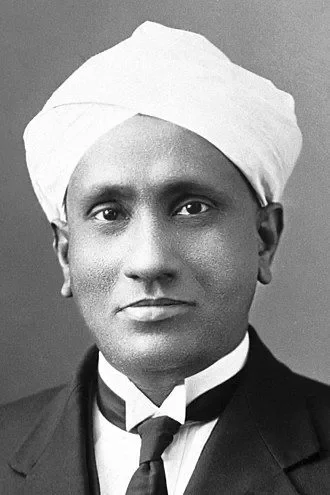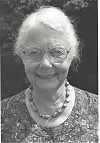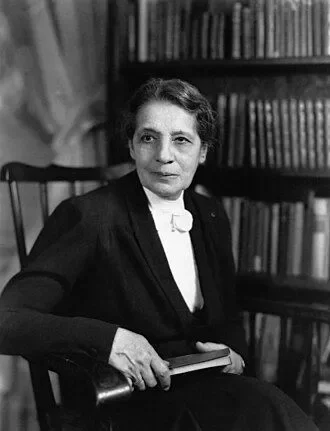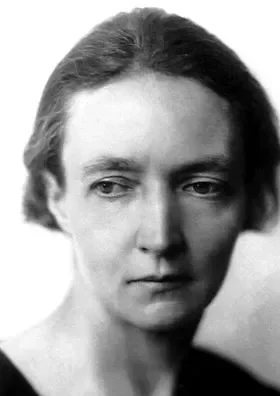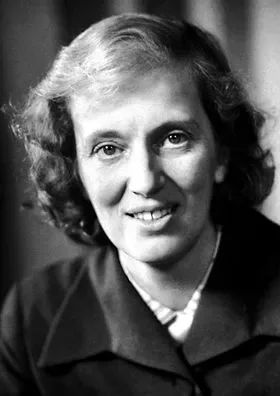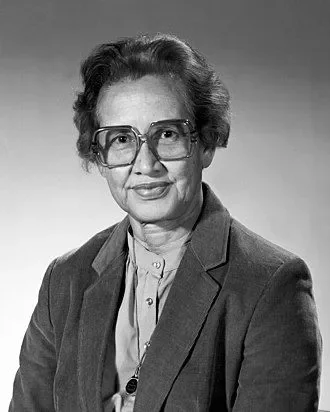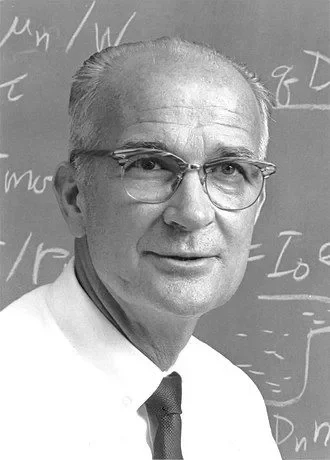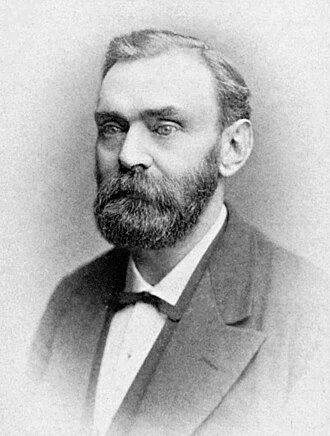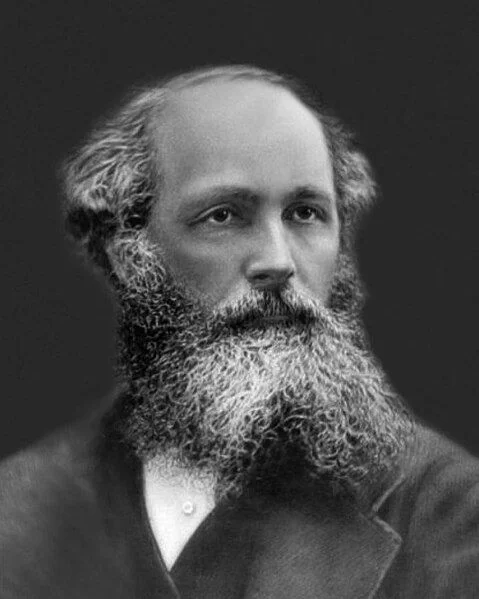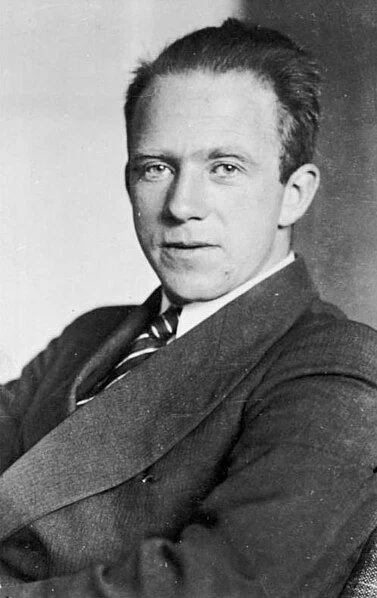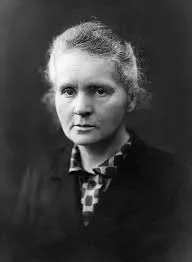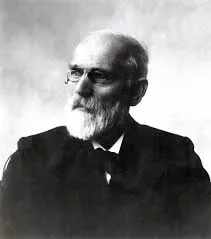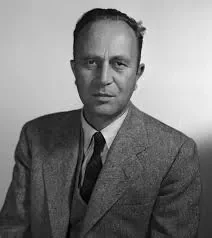Real Celebrities Never Die!
OR
Search For Past Celebrities Whose Birthday You Share
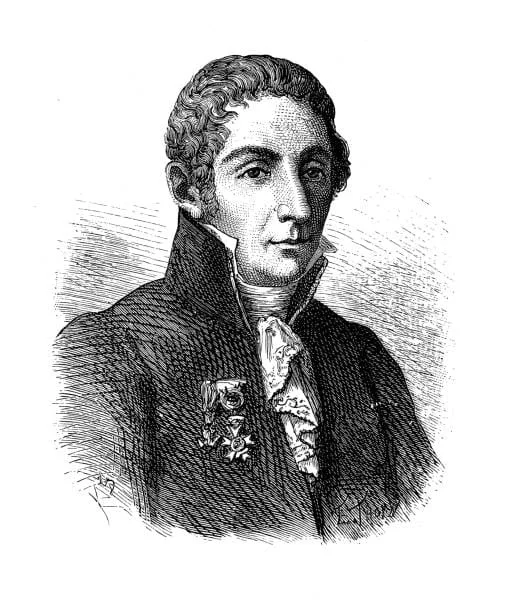
source:.istockphoto.com
Alessandro Volta
Birthday:
18 Feb, 1745
Date of Death:
05 Mar, 1827
Cause of death:
Natural causes
Nationality:
Italian
Famous As:
Chemist
Age at the time of death:
82
Alessandro Volta's Quote's
Early Life and Passion for Science
One of the most renowned personalities from Italy, Alessandro Giuseppe Antonio Anastasio Volta (well-known by his nickname- Alessandro Volta) was a successful physicist and chemist who laid the foundation for modern electrochemistry. Volta was born on 18 February 1745 in Como, Italy, where he developed a passion for the sciences and later emerged as one of the most instrumental figures in both electrical study and power. His works include the independent discovery of Methane along with the invention of the Voltaic Pile, which happened to be his prominent creation and was known as the first chemical battery that could deliver a continuous electric current.
Alessandro Volta Contributions to Electricity
He began studying electricity by exploring static electricity and created or improved several devices. His most significant achievement was the invention of the voltaic pile in 1799. This was a major breakthrough because it showed that electricity could be generated through chemical processes, not just from living organisms. The voltaic pile was made of stacked zinc and copper discs, separated by cardboard soaked in saltwater, allowing electricity to flow. This invention helped disprove the belief that electricity could only come from living beings and became a crucial tool for experiments in generating continuous electric current.
Recognition and Impact
Volta announced his discovery in 1800 to the Royal Society of London, a leading scientific journal. His letter explained the construction and operation of the voltaic pile, sparking widespread scientific interest. This invention is considered a key development in electrochemistry and laid the groundwork for the creation of batteries, which eventually led to many more discoveries and became fundamental to electrical engineering.
Relationship with Napoleon Bonaparte
Volta was not only an inventor but also played a significant role in advancing the theoretical science behind electricity. His work led to the concept of “voltage,” which describes electrical potential, and the unit of measurement for electrical potential, the “volt,” was named in his honor. Napoleon Bonaparte took a particular interest in Volta’s work. In 1801, Napoleon invited Volta to Paris to demonstrate his inventions. Volta’s presentation greatly impressed Napoleon, who awarded him several honors, including a title of nobility, making him a count. This recognition highlighted the high esteem in which Alessandro Volta was held.
Later Life and Legacy
Despite his fame and numerous honors, Volta lived a relatively quiet life, focusing on research and spending time with his family. For 33 years, he held the position of Chair of Experimental Physics at the University of Pavia, where he was well-regarded and respected. As he aged, Volta withdrew from the public eye, dedicating more time to his family and personal interests. Volta’s groundbreaking work in electricity has ensured his lasting legacy as a pioneer in modern science. His name is still honored in the field of electrical science through the unit “volt.”
Personal Life and Death
Although Alessandro Volta is remembered for his scientific contributions, it is less well-known that he had a strong aversion to mustard. Volta experienced health issues in 1823, which eventually led to his death on March 5, 1827.
Name:
Alessandro Volta
Popular Name:
Alessandro Volta
Gender:
Male
Cause of Death:
Natural causes
Spouse:
Place of Birth:
Como, Duchy of Milan
Place of Death:
Como, Lombardy-Venetia
Occupation / Profession:
Personality Type
Innovative: His innovative contributions to the field of electricity, such as the development of the electric battery, attest to his creative and progressive spirit.
He was inspired by Luigi Galvani's experiments with frog legs.
The unit of electric potential, the volt, is named after him.
Volta invented the Voltaic Pile, the first electrical battery.
Volta was a physics professor at the Royal School in Como and the University of Pavia.
Count by Napoleon Bonaparte in 1810
Invented the electric battery (Voltaic pile)
Received the Copley Medal in 1794
The unit of electric potential, the volt, was named in his honor
Voltaic pile led to the discovery of the electrical current

